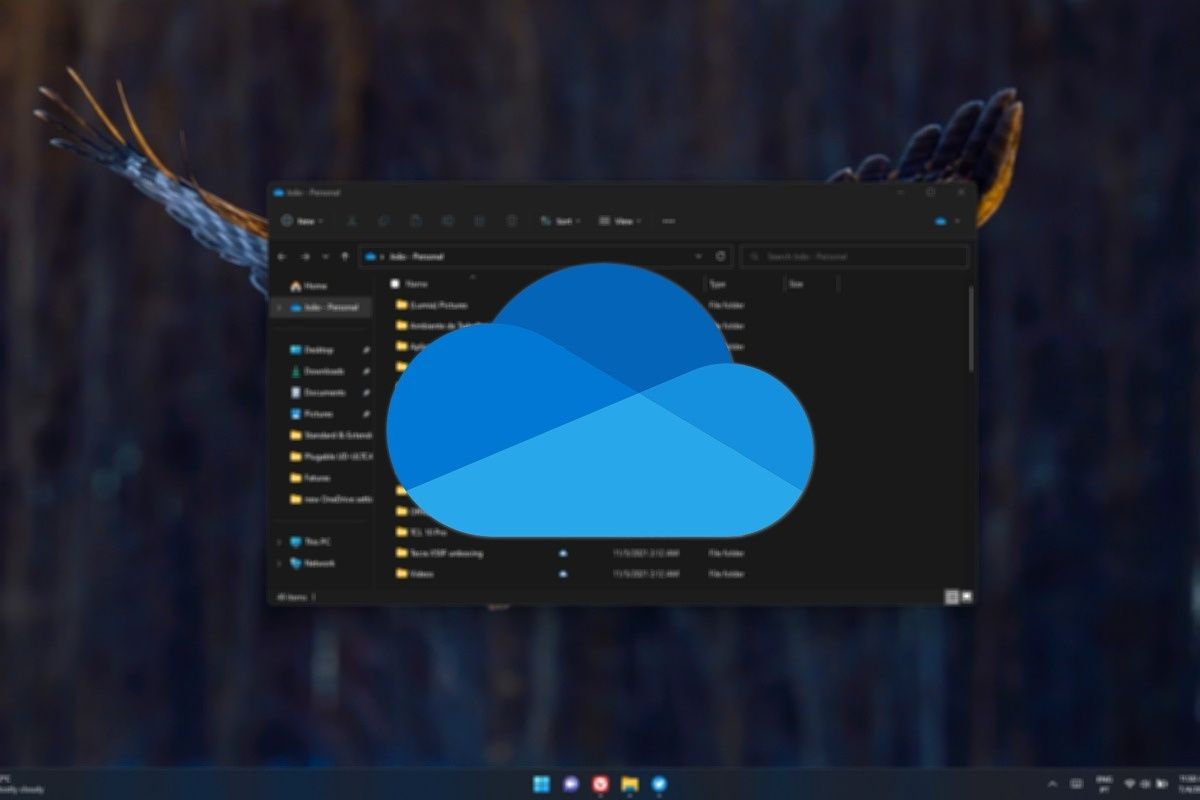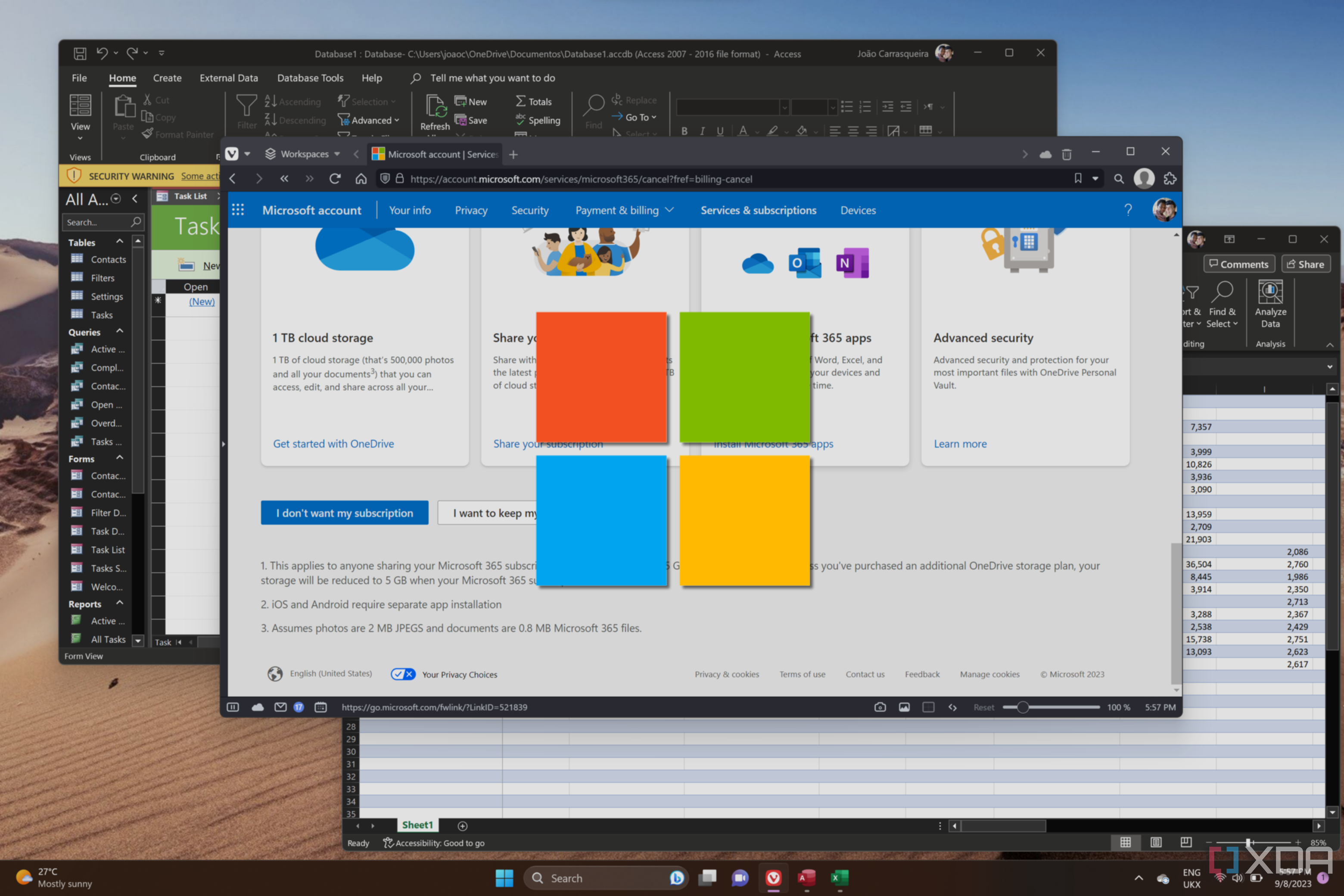Key Takeaways
- Stay protected with ransomware detection in OneDrive, alerting you to potential attacks and allowing you to restore to a safe point.
- Enhance security with Personal Vault, now with removed storage limits for sensitive files.
- Enjoy advanced sharing options and offline access on OneDrive mobile as a Microsoft 365 Basic subscriber.
Microsoft 365 Basic is a very useful subscription for consumers who prefer the Redmond tech firm’s cloud services. For $1.99/month, you get 100GB of OneDrive, access to Office apps on the web and mobile, and an ad-free Outlook experience, among many other things. Now, Microsoft has sweetened the pot even further by announcing new features for OneDrive.
What’s new in OneDrive?
Ransomware detection
OneDrive will now alert you when it detects indicators of compromise in your content stored on the cloud. Signs of ransomware include file modifications and encryption activities, among other things. More importantly, you’ll receive emails and notifications that allow to understand the extent of the potential attack, delete suspicious files, and even restore OneDrive to a previous point in time. Of course, you might lose some files when you roll back, but Microsoft argues that this is better than potentially losing access to all your files.
Personal Vault enhancements
Personal Vault is a OneDrive feature which enables users to store sensitive files in OneDrive and protect them via two-factor authentication (2FA). Previously, you could only store up to three files in this secure repository, but now, Microsoft has removed the limit, and you can store as many files as you want, within your 100GB Microsoft 365 Basic limit.
Advanced sharing options
Microsoft 365 Basic customers can now leverage advanced file sharing capabilities in OneDrive. The two capabilities on offer include expiration dates for links, and the ability to create a secure password, which you will need to share individually across a separate channel for better security.
Offline files and folders on OneDrive mobile
Finally, another OneDrive enhancement for mobile customers is the ability to store files and folders for offline use directly in OneDrive. This is particularly useful in scenarios where you have poor or no internet connectivity. Users can simply select the “Make Available Offline” option from the context menu, with content changes being synced to the cloud automatically as soon as you reconnect to the internet.
It is important to note that all of these features are available for OneDrive customers right now, but you do need to be a Microsoft 365 Basic subscriber in order to take advantage of these capabilities.
[ad_2]






